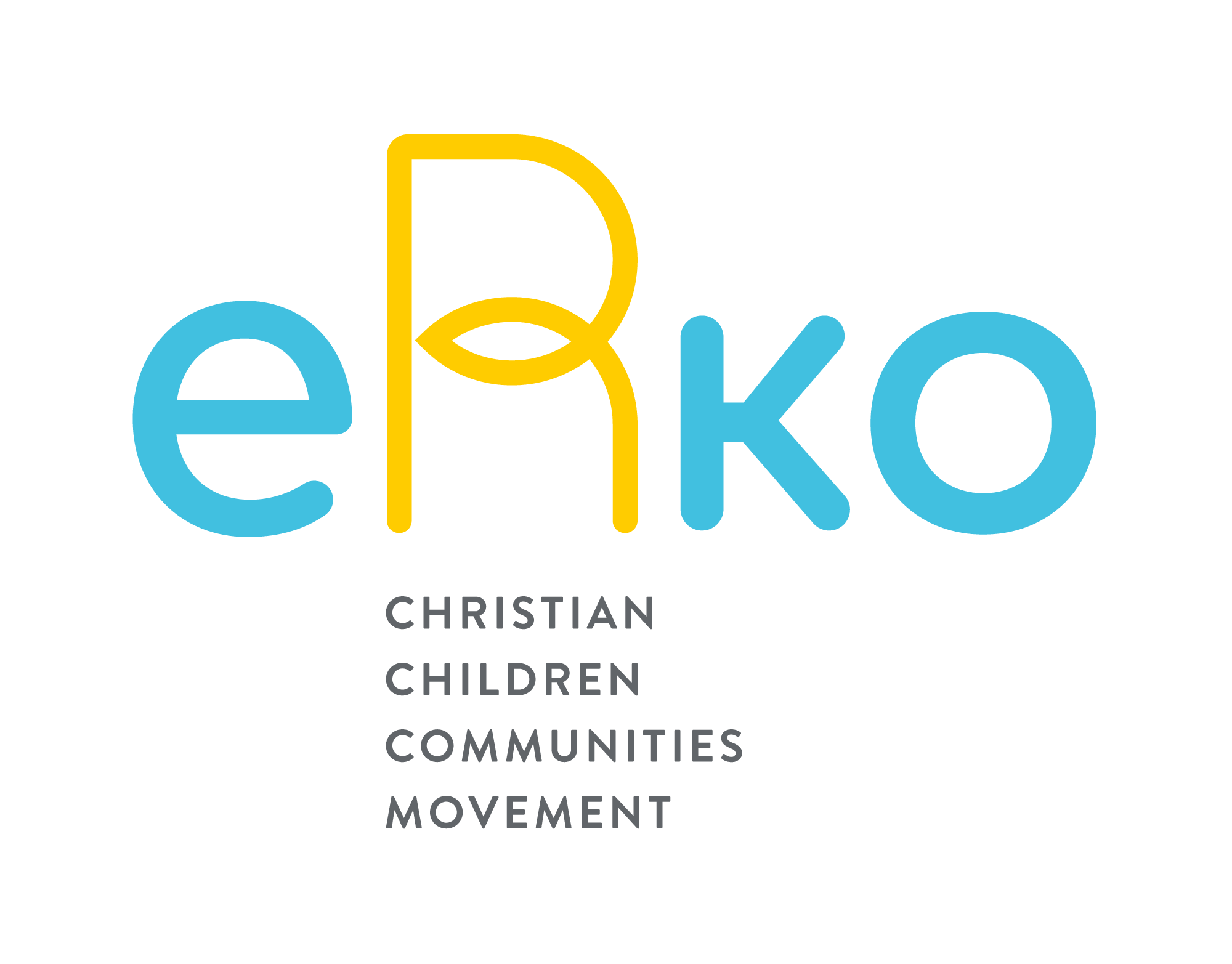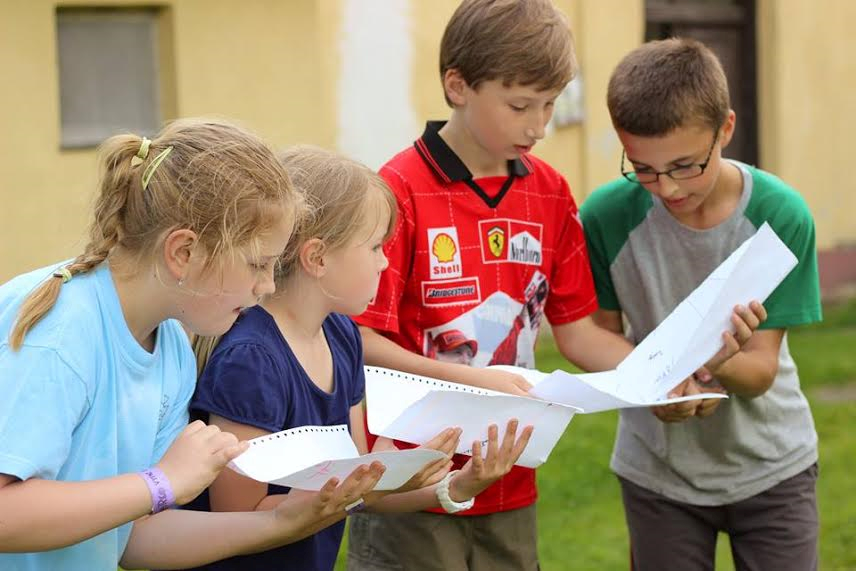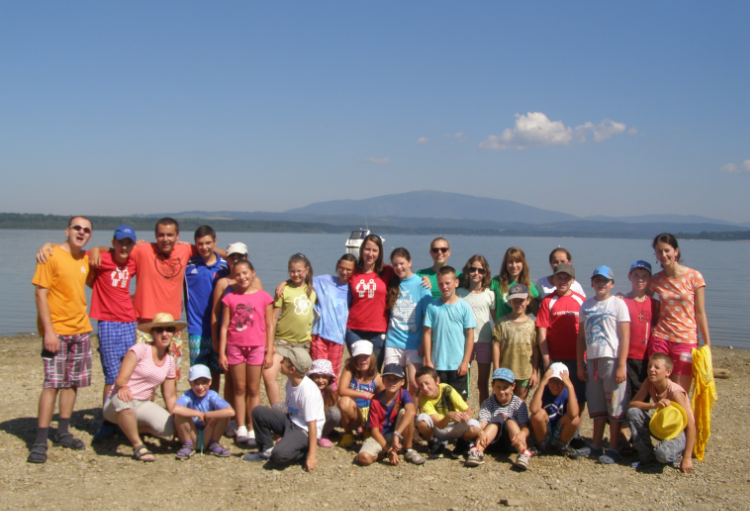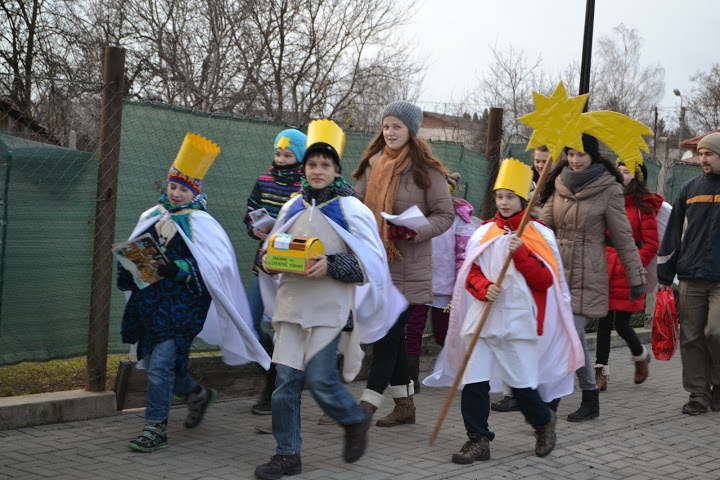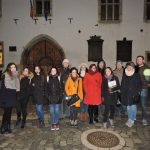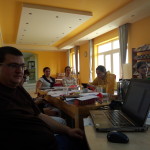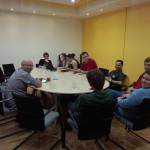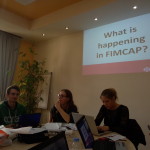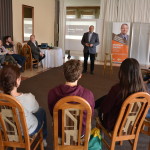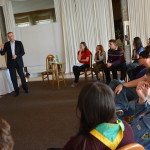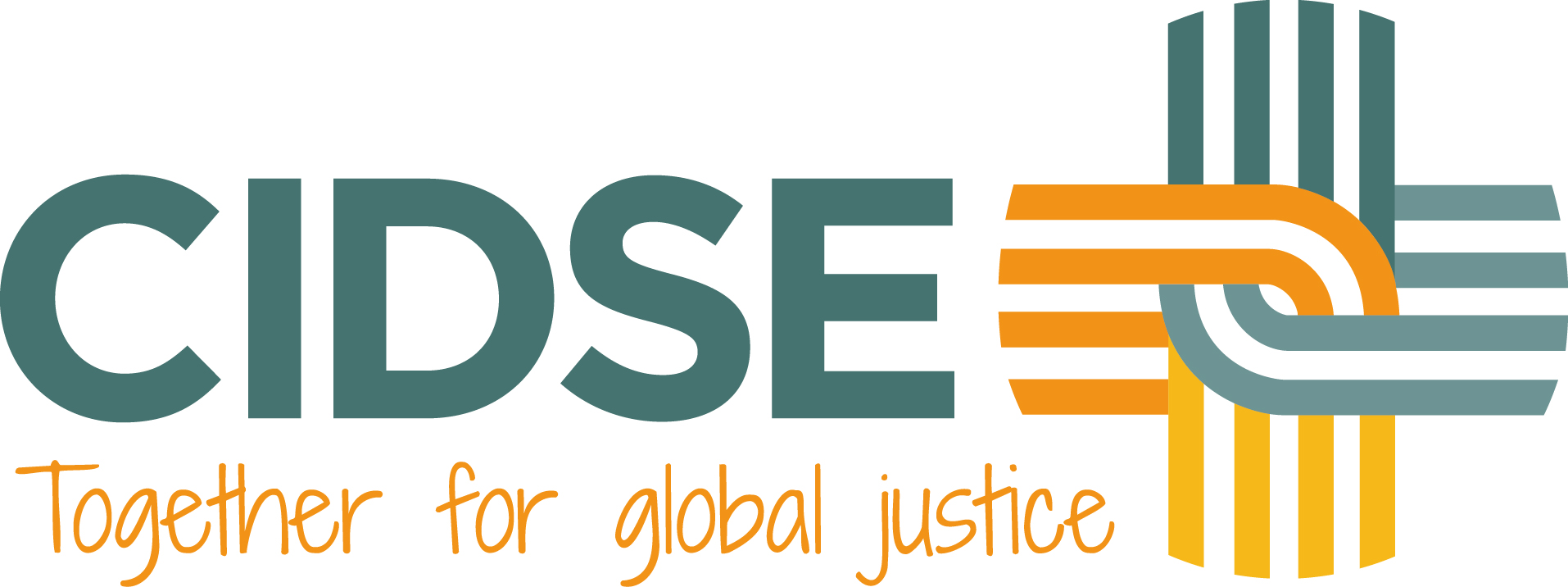
CIDSE is an international family of Catholic social justice organisations working together with others to promote justice, harness the power of global solidarity and create transformational change to end poverty and inequalities by challenging systemic injustice and inequity as well as destruction of nature.
CIDSE work for a society based on social, economic and gender equality and solidarity, where the economy is at the service of society and functions within planetary boundaries. We aim at a fairer share of and limits in the use of global resources, democratized governance where people regaining control over their choices, economies based on the commons.
CIDSE work for reforms with transformative potential: move away from fossil fules and extractivism, limit global temperature rise below 1.5 degrees, promote the right to food and agroecology, regulate business to enforce human rtights, secure sustainable finance and fair wealth distribution, support local communities to speak for themselves, confront gender inequalities, enabling sustainable ways of living.
CIDSE brings together 18 member organisations from Europe and North America and its international secretariat is based in Brussels.
Current mission an work of CIDE is based on strategical framework for years 2016-2021 caled Acting for tranformation for a just and sustainable world. This framework is built on the experiences, knowledge and priorities of all of those who come together in CIDSE. It is also based on lessons learned from the Strategic Framework 2010-2015, our ‘paradigm shift’ process with which CIDSE embarked on new work streams in a dialogue with several partners and allies to rethink development, critique systemic failures in our economies and societies and look at alternatives we want to promote. Further it is based on an analysis of the challenges and opportunities CIDSE and its members face, the backdrops of the devastating multiple crises impacting on poor and vulnerable communities worldwide as well as recent opportunities: global agreements on sustainable development and climate, peoples actions and alternatives, Catholic social teaching and church action brought about. The strategy builds on past experiences and maintains several key strengths of CIDSE, while establishing a new spirit and direction.

